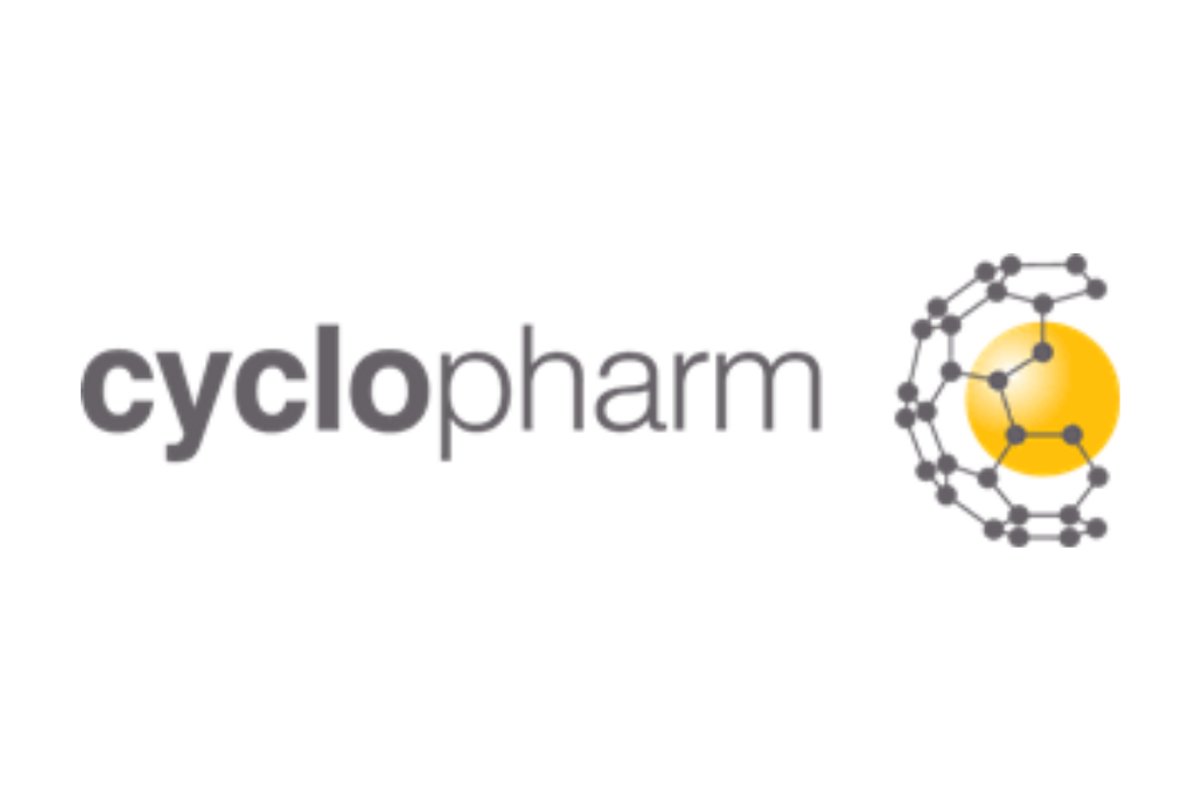- In a continuing effort to provide the facts about ID NOW to support public health interests, Abbott (NYSE: ABT) is sharing new interim clinical data results on its ID NOW COVID-19 rapid test. The results confirm the data submitted to the U.S. Food and Drug Administration (FDA) in March for Emergency Use Authorization (EUA) and the interim results that Abbott shared in its May 21 press release . The data also speak to the important role played by reliable point-of-care testing that is available in convenient and accessible locations where people can get immediate results.
"We recognize there is a lot of discussion about testing and ID NOW, and we want to make sure the public has the facts and real-world data," said Robert B. Ford , president and chief executive officer, Abbott. "The facts we're seeing from one of the largest clinical studies of any COVID-19 test, conducted at some of the nation's leading academic centers, show that ID NOW delivers effective, consistent and reliable performance."
"In the beginning of the pandemic, the scientific community had to rely on samples and modeling to predict test performance," said John Hackett , Ph.D., divisional vice president of Applied Research and Technology for Abbott's diagnostics business. "But now we have a significant body of real-world, clinical data that support the critical role ID NOW is playing in identifying infection rapidly in places where people show up for care."
"Tests are taken at a moment in time and they detect the virus once there's enough viral material in a person to be able to detect it," continued Dr. Hackett. "While there's no perfect test, to fight a pandemic, we need a combination of gold standard lab-based PCR and accurate, reliable rapid tests like ID NOW to help reduce risk in society and slow the spread of the virus."
Post-Authorization Study Data
Abbott has completed an interim analysis of its ID NOW post-authorization study. A total of 1,003 people were evaluated across two care environments: urgent care clinics (acute care) and hospitals and nursing homes (in-patient care). In these two care environments, the ID NOW delivered the following agreement to lab-based molecular PCR tests:
- Overall performance of 93.3% positive agreement (sensitivity) and 98.4% negative agreement (specificity). Further, in the 161 patients with high viral titers (Ct
- Performance of 95.0% positive agreement (sensitivity) and 97.9% negative agreement (specificity) in subjects within seven days post symptom onset . Further, in the 129 patients with high viral titers (Ct ID NOW showed performance of 98.4% positive agreement (sensitivity).
- Performance of 94.6% positive agreement (sensitivity) and 97.6% negative agreement (specificity) in symptomatic subjects. Further, in the 136 patients with high viral titers (Ct
Updates to May 21 Interim Data (Previous Studies)
In addition to the post-authorization data, Abbott is providing an update to three studies that were covered in its May 21 interim study press release :
- Multi-Site Urgent Care . In a completed analysis from a multi-site urgent care clinical setting of 430 symptomatic patients with two or more symptoms, including 53 PCR positive subjects, ID NOW demonstrated performance of 96.2% in positive agreement (sensitivity) and 99.5% negative agreement (specificity) compared to lab-based molecular PCR tests.
- Everett Clinic. In a completed study at The Everett Clinic in Washington of 974 people, including 23 PCR positive subjects, in partnership with Yuan-Po Tu, M.D., ID NOW demonstrated 91.3% positive agreement (sensitivity) and 100% negative agreement (specificity) compared to lab-based molecular PCR tests.
- In-patient. In an in-patient care study (hospitals and nursing homes), a total of 518 symptomatic patients were evaluated, including 94 PCR positive subjects. ID NOW demonstrated 79.8% positive agreement (sensitivity) and 94.3% negative agreement (specificity) compared to lab-based molecular PCR tests.
- In the 494 subjects who reported days from symptom onset, the median number of days from symptom onset was 10 days with 71.1% of people presenting >7 days post symptom onset. In 45 patients with high viral titers (Ct
- In a further analysis of this data, the subset of 143 symptomatic patients within seven days of symptom onset were evaluated, of which 30 were PCR positive. ID NOW demonstrated 86.7% positive agreement (sensitivity) and 96.5% negative agreement (specificity) compared to lab-based molecular PCR testing.
Cycle times (Ct) are the number of times a PCR instrument must cycle through to amplify enough genetic material to be detected. So, the greater amount of virus present (viral load), the fewer cycles required to detect the virus. A person is more likely to be contagious the higher their viral load (and the lower their Ct count). The Centers for Disease Control and Prevention (CDC) shares available data on its website indicating that at a Ct of 33 and above, replication competent virus has not been reliably recovered and infectiousness is unlikely.
These findings are also consistent with a study published in the Annals of Internal Medicine , where researchers from Johns Hopkins found that even the most sensitive lab-based molecular tests can have false negatives when viral load levels are ramping down, near the end of the infection cycle, when viral load decreases and patients may no longer be infectious.
Abbott's Research Continues
Abbott has continued to study ID NOW in a variety of settings in people who are at different stages of infection with more than 1,000 people, making it the most studied rapid COVID-19 test on the market today. Abbott has shared this data with the FDA throughout the research process and will continue doing so.
About Abbott
Abbott is a global healthcare leader that helps people live more fully at all stages of life. Our portfolio of life-changing technologies spans the spectrum of healthcare, with leading businesses and products in diagnostics, medical devices, nutritionals and branded generic medicines. Our 107,000 colleagues serve people in more than 160 countries.
Connect with us at www.abbott.com , on LinkedIn at www.linkedin.com/company/abbott-/ , on Facebook at www.facebook.com/Abbott and on Twitter @AbbottNews and @AbbottGlobal.
The ID NOW COVID-19 EUA has not been FDA cleared or approved. It has been authorized by the FDA under an emergency use authorization for use by authorized laboratories and patient care settings. The test has been authorized only for the detection of nucleic acid from SARS-CoV-2, not for any other viruses or pathogens, and is only authorized for the duration of the declaration that circumstances exist justifying the authorization of emergency use of in vitro diagnostic tests for detection and/or diagnosis of COVID-19 under Section 564(b)(1) of the Act, 21 U.S.C. § 360bbb-3(b)(1), unless the authorization is terminated or revoked sooner.
SOURCE Abbott






